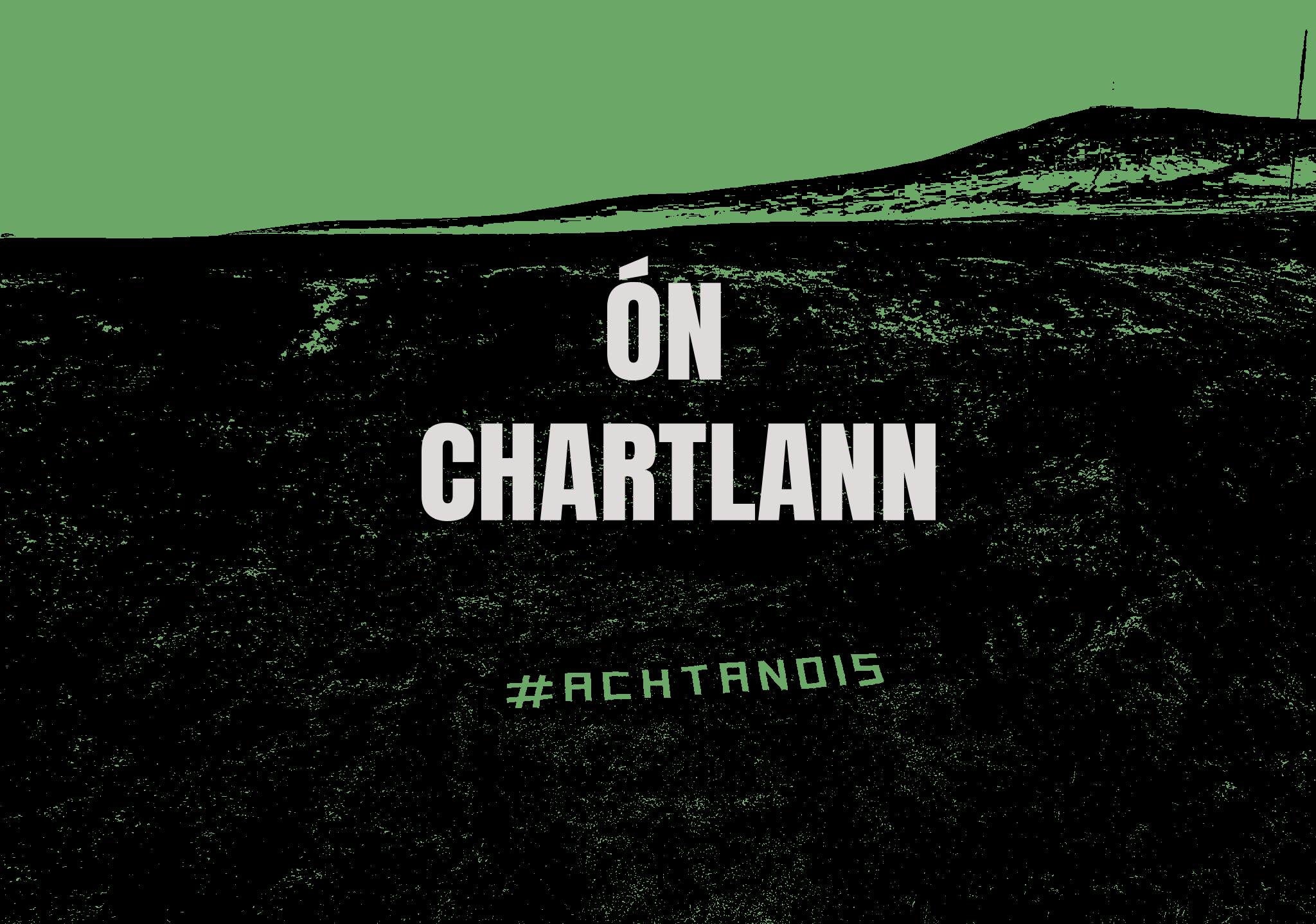An litir dhearg
Bí ar an eolas! Faigh ár nuachtlitir le bheith suas chun dáta leis na feachtais ar fad.

It was commissioned by Conradh na Gaeilge and the Committee on the Administration of Justice (CAJ).
Their report examined the Department of Education’s duty to “encourage and facilitate the development” of Irish-medium education.
It said new laws were needed to fulfil that duty.
The research was presented at the annual conference of the Irish-medium schools umbrella body Comhairle na Gaelscolaíochta (CnaG).
CnaG was established in 2000 to promote Irish-medium education and is a non-departmental public body of the Department of Education.
The department has been contacted by BBC News NI for a response to the criticisms contained within the report.
There were more than 7,000 pupils in Irish-medium education in the 2021-22 school year, a rise of about 1,300 pupils in five years.
The Department of Education has a statutory duty to “encourage and facilitate the development of Irish-medium education” under the Education (Northern Ireland) Order 1998.
That arose out of a commitment in the Good Friday Agreement, the 1998 political deal designed to bring an end to 30 years of violent conflict in Northern Ireland.
The report - Irish-Medium Education and the ‘Statutory Duty’ - claimed that the department had a “minimalist interpretation” of that duty and had “failed in many ways” to fulfil it.
“There appears a distinct absence of any strategic commitment” from the department and the Education Authority to develop Irish-medium education, it said.
“This research reflects the widespread sense of hurt and disappointment that characterises the experience of the Irish-medium education (IME) community of its relationship with the Department of Education and the Education Authority.”
One contributor interviewed for the research said people working in the IME sector felt like “the education system’s dirty little secret”.
The report traced the history of education policy towards the Irish language in Ireland and Northern Ireland over the past two centuries.
But it focused particularly on the “obstacles” faced by Irish-medium education since the statutory duty came into effect in 1998 and included views of many working in Irish-medium schools.
“Experiences within the sector often present a prima facie case of discrimination - cases in which there was widespread concern that they had been treated unfairly by the system precisely because they were IME schools,” the report said.
"These appear to involve various degrees of institutional sectarianism in decision making.
“The suggestion is that decisions were not made for unfortunate but legitimate reasons - lack of resources or bureaucracy for example - but rather due to ill-disguised sectarianism and anti-Irish bias in decision making.”
The report cites a number of examples of what it claimed was the failure of the Department of Education to fulfil its statutory duty.
That includes the department’s language policy which states that “the principal language of the Department of Education is English”.
The report also said there had been “obstacles” to funding and planning new IME school buildings and a failure to plan to meet the need for more post-primary schools.
A recent EA plan said the number of Irish-language post-primary schools in Northern Ireland should rise from two to four.
Northern Ireland’s biggest Irish-medium school, Coláiste Feirste in Belfast, has many more pupils than it was built for.
The report said the small number of post-primary schools meant “many children who graduate from IME primary schools do not have a realistic prospect of attending IME secondary”.
It was also critical of the Catholic maintained sector and claimed it “has been little more engaged in supporting the statutory duty than the state sector”.
The report said there was “little practical support” for Irish-medium schools and there was a need for more teachers in Irish to be trained to address what it called “a crisis” in IME teacher numbers.
The research also said there was still “a widespread hostility” towards Irish-medium education.
“IME finds itself at the epicentre of British/Irish and unionist/nationalist tensions,” it said.
"No language carries with it any hard-wired political tendency.
"What some people have done with and to the Irish language has been, of course, highly politicised in range of different and contradictory ways.
“But the language itself carries no toxic threat to anybody - it is a language, not a ‘political weapon’.”
The report made a number of recommendations for change, including new legislation to require the department to give more support to Irish-medium education.
A new law was recently passed that requires the Department of Education to give more support to integrated education - including increasing the number of school places.
The advocacy manager with Conradh na Gaeilge, Conchúr Ó Muadaigh, said the report had “confirmed many of our deeply-held concerns”.
“This research calls for a further reset between the state and the Irish language school community and that this should be facilitated through strengthening of the statutory duty,” he said.
“Given recent legislative developments in the integrated sector, we look forward to developing proposals for a new Irish Medium Education Bill in the coming months in conjunction with the IME sector, the Department of Education and community stakeholders, as we seek to ensure the sector fulfils its full potential in the years ahead.”
Daniel Holder from the CAJ said that there was “a tsunami of demand for Irish-medium education that is being held back by a failure of strategic education policy to adapt to the new context”.
Bí ar an eolas! Faigh ár nuachtlitir le bheith suas chun dáta leis na feachtais ar fad.